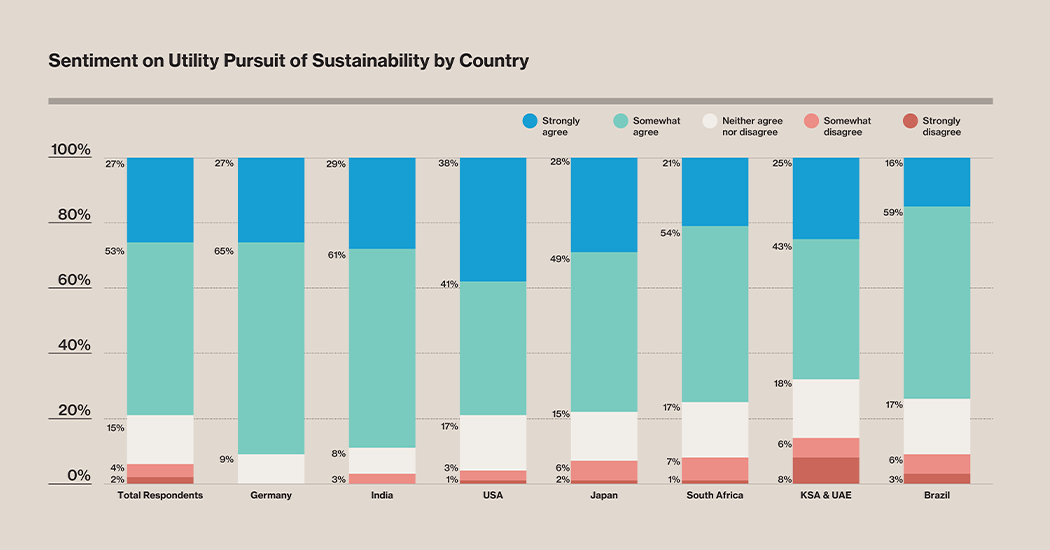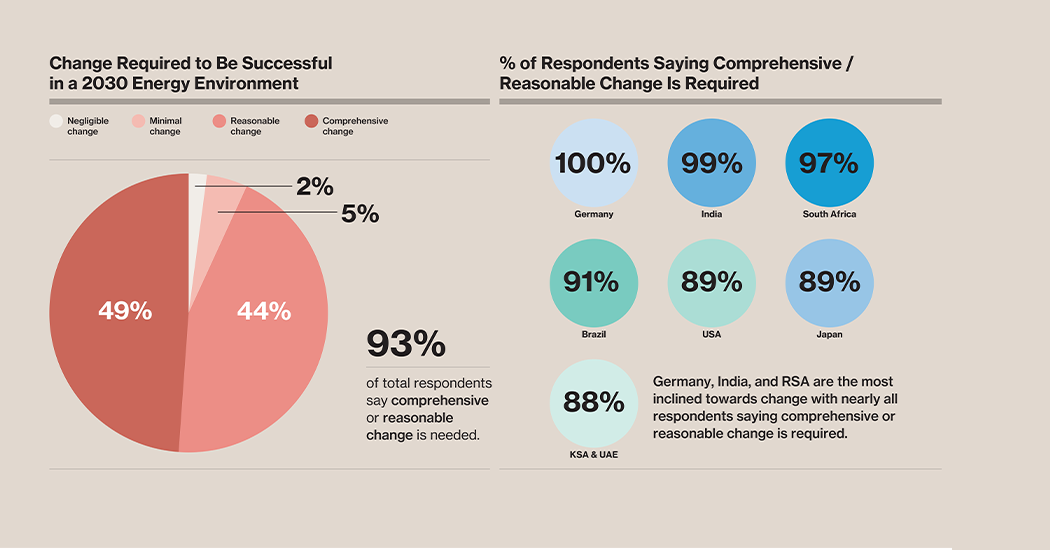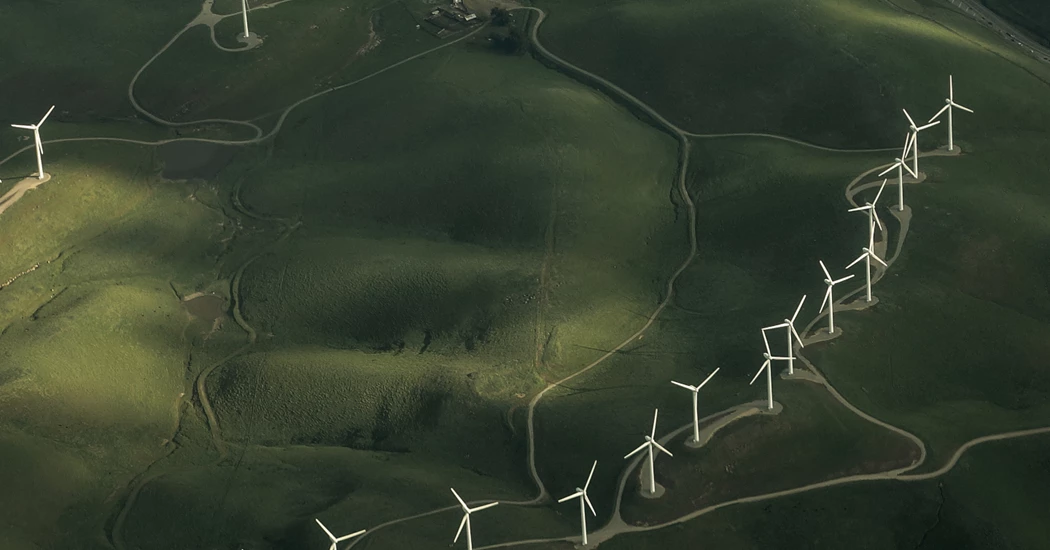Grid readiness seen as key to net zero ambitions, finds new utilities study at Davos 2024
Abu Dhabi National Energy Company PJSC (TAQA), one of the largest listed integrated utilities in Europe, the Middle East and Africa, and Bloomberg Media have launched a new global study focused on the future of the utilities sector.
The groundbreaking ‘Future of Utilities’ study, published during the World Economic Forum’s 54th Annual Meeting in Davos, found that grid readiness and the integration of renewables into the grid network is the biggest single threat to realising net zero ambitions in the power sector.
The study, incorporating insights from nearly 600 industry experts worldwide, highlights a pressing need for coordinated global action to expedite grid development. This acceleration is crucial to match the pace of new distributed, renewable power generation. Notably, over 50% of respondents identified grid infrastructure as the primary obstacle to utilities achieving net zero goals.

The study also found that utilities could accelerate the low-carbon energy transition by adopting more consumer-centric business models, and through greater efforts to embrace innovation and technology. More than 90% of respondents felt a period of significant change for utilities companies is both necessary and imminent.

Jasim Husain Thabet, Group Chief Executive Officer and Managing Director of TAQA, said: “The utilities sector is on the frontlines of the global energy system, and it is therefore uniquely placed to shape the transition to a low-carbon future. As the utilities community responds to that challenge with increased urgency, the insights from this report can serve as a lens to guide decision making and validate perspectives.”
According to BloombergNEF, grid investment worth $21 trillion is needed by 2050 to expand and refurbish the global electricity system. Additionally, BloombergNEF’s Energy Transition Investment Trends 2023 expects electrified transport, renewable energy, and grids to dominate investments from 2023 to 2030, comprising 72% of annual combined share.

Key findings from the study include:
- Renewable Energy Grid Integration: Grids were identified by over half of the respondents, as the most significant hurdle in achieving net-zero goals, beyond issues such as supply chain or capital issues. According to the study, the complexity of integrating renewables, supply chain, and capital access far outweigh climate and regulatory worries, with 50% respondents ranking “complexities integrating renewables into existing grids” as a top 5 threat.
- Imminent Transformation in Utility Sector: Respondents pointed to an era of profound change in the utility sector, with 93% of insiders advocating for higher levels of change. This shift includes evolving operating models, customer relations, and a stronger focus on innovation.
- Shift Towards Customer-Centric Models: A decisive move towards customer empowerment is evident, with growing expectations for consumers to generate their own energy. This trend signifies a pivotal step for utilities to achieve net-zero objectives, necessitating a reevaluation of operational models to foster greater customer involvement in energy production.
- Low Confidence in Meeting 2030 Emission Reduction Targets: Only 44% of sector professionals express confidence in meeting the 2030 carbon reduction targets, underscoring an urgent need for robust policies and innovative approaches. The report notes varying levels of confidence across regions, with the KSA & UAE showing higher optimism compared to India and Germany.
- Innovation Stifled by Awareness and Collaboration Gaps: The report reveals that the slow adoption of innovative technologies in the utilities sector is largely due to a lack of awareness and insufficient collaboration with the tech and innovation community.





